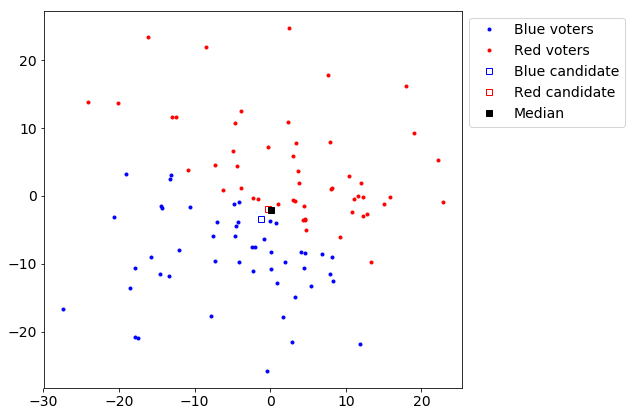This is a repost of a simple analysis I did in 2012, evaluating the presidential predictions of FiveThirtyEight. What a different time it was. If readers are interested, I could try to repeat the analysis for 2020.
The news is saying that Nate Silver (who does election predictions at FiveThirtyEight) got fifty states out of fifty. It’s being reported as a victory of math nerds over pundits.
In my humble opinion, getting 50 out of 50 is somewhat meaningless. A lot of those states weren’t exactly swing states! And if he gets some of them wrong, that doesn’t mean his probabilistic predictions were wrong. Likewise, if he gets them right, that doesn’t mean he was right.

